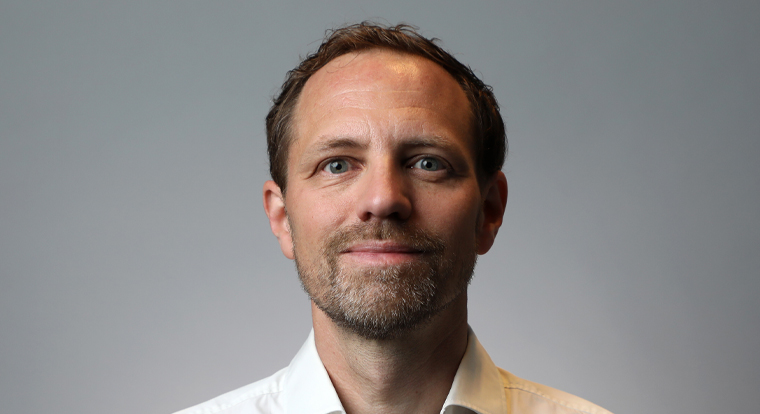End 2005 will see NPfIT making a difference for all
- 30 September 2004
National Programme for IT’s (NPfIT) director-general, Richard Granger has predicted that by the end of next year there won’t be a ‘nook or cranny’ of the NHS in England that has not seen some work from the programme that will be making a difference to caring for patients. Speaking to a briefing ahead of the Clinical Information Systems and Electronic Records and e-Health 2004 event this week he forecast a “tipping point around Easter”. He also announced: “As of Monday we have got our first GP system hooked up to the national messaging infrastructure.” Overall, he said the national programme would be aiming for a ‘paperlite’ NHS. Though some dogmatists insisted paperless healthcare was possible, Granger said: “It’s probably not possible from a financial perspective; not desirable from a work practice perspective and probably not achievable from a project management perspective.” These were the upbeat notes in a presentation that also explored the difficulties of pushing through such a vast programme. "It’s all incredibly complicated," Granger said. “The planning around this is a nightmare.” There were, he said, 30,000 fixed points for implementations, 1,000 existing systems, 800,000 end users and 52 million customers. “And everyone has got an opinion on how it should be done, whether it is going well or whether it is going badly.” Later in the briefing at Clinical Information Systems and Electronic Records and e-Health 2004 he criticised the “naivety and prejudice of the commentariat” remarking that it was interesting that running the London Congestion Charge – effectively introducing a tax – had been far less controversial than introducing an infrastructure that would save lives. Turning a favourite theme of prices and suppliers, Granger said the programme’s central procurement would save £5 billion over the purchase costs of buying systems trust-by-trust, with “seismic” cost reductions in digital imaging. Though he emphasised that suppliers were essential to achieving the programme’s mission Granger explained that he had had to get away from the “ransom strip” that had seen the NHS designated as boutique area of IT, using proprietary technology and software, with company profits exceeding those in other areas of IT. Driving prices down, he argued would open the way for other countries to follow. “It’s got to be easier when prices are half what they were the year before.” Asked what he had done to bring staff such as doctors and nurses on side, Granger replied: “I think it’s important to differentiate between doing things which haven’t been done previously and supporting things which already exist elsewhere. Most of what we are doing is the propagation of the good that already exists in the NHS which was either under-funded or not extensible because a local platform was chosen.” He cited the example of the ‘paperlite’ Chelsea and Westminster Hospital, west London, as one which the national programme would seek to propagate. Much higher levels of user engagement were needed when technology was being used to effect significant process change. “We’ve done a lot of work – inevitably we’ve never done enough – over the last six months [in terms of] engagement work with frontline staff,” he said. E-Health Insider is a media sponsor of Clinical Information Systems and Electronic Records and e-Health 2004 and will be running a free session for exhibition visitors on Rewarding Innovation in e-Health at 10.30am on 1 October 2004. For details see http://www.healthcare-events.co.uk/cis2004/index.asp




